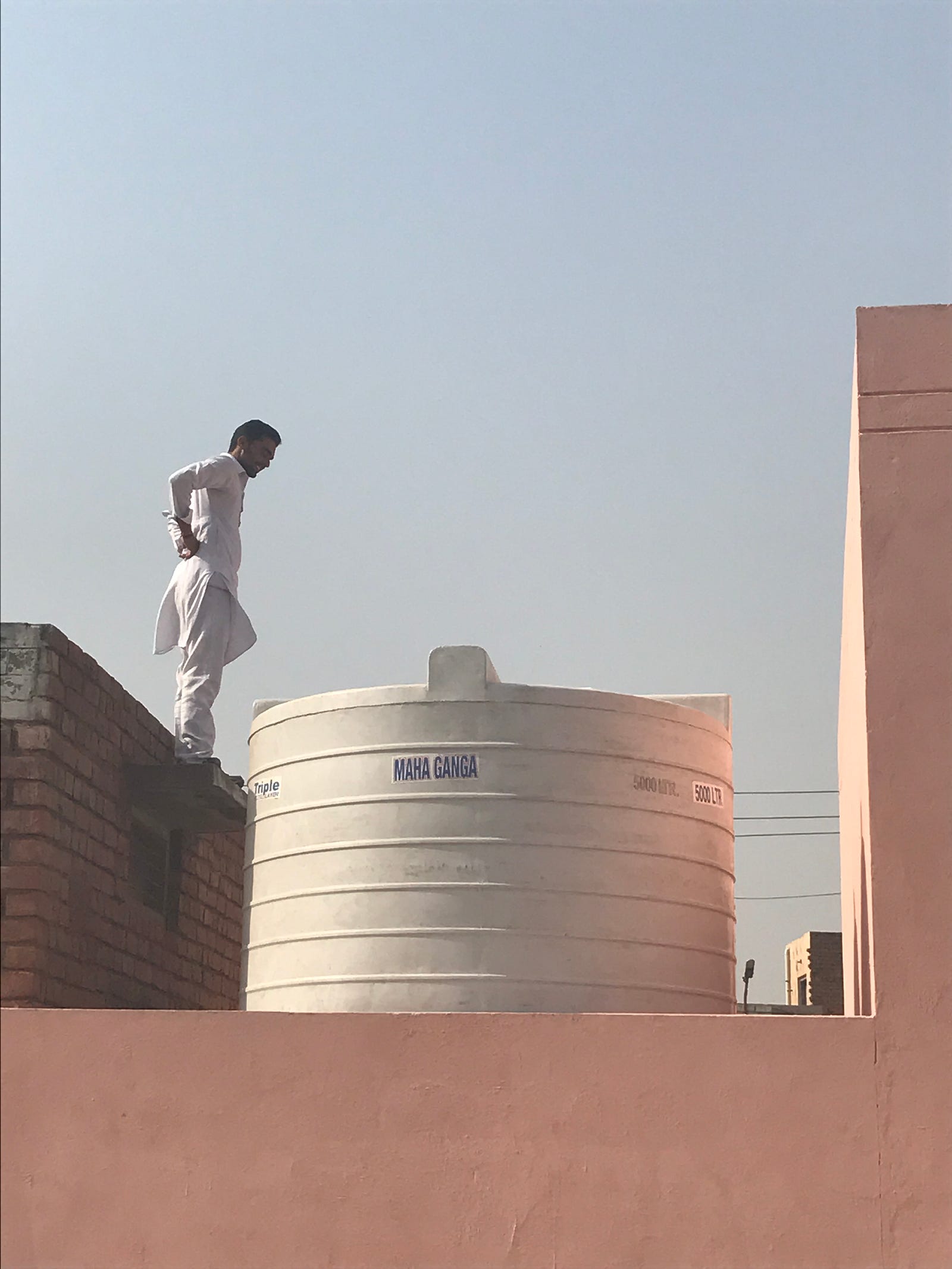
Distributed solar is about more than just bringing electricity to rural villages. It’s about delivering the services that electricity enable, including clean water. Grassroots and Rural Innovative Development (GRID) and a growing number of private companies are pioneering a new approach in India using renewable energy mini-grids to power reverse osmosis (RO) water purification plants.
India has 138 million rural households with no access to treated drinking water. It also has 43 million rural households with no access to electricity. Both contribute to public health and safety — through the spread of water-borne disease and lack of adequate healthcare services which rely on power. Women suffer in particular from these two glaring gaps in rural utilities, typically spending a few hours daily drawing water, often from long distances.
According to founder and CEO Manik Jolly, GRID unveiled a first-of-its-kind pilot project in Haryana state in May 2017, integrating an RO water filtration system with a 10kW PV mini-grid and power storage. Despite the maturity of RO technology, it is not prevalent in rural India due to lack of electricity access, or access only to expensive, polluting diesel for generators.
The Haryana pilot, which can run 10–15 hours a day, provides affordable and clean drinking water to 1,000 homes daily, producing 2,000 liters of clean, potable water every hour at the cost of $0.002/liter. Jolly says the plant has a four-year pay back. Real-time water quality — level of total dissolved solids (TDS) — is displayed publicly to ensure community transparency. The pilot will also employ 5 local people.
To read the full story, visit Powering Rural India